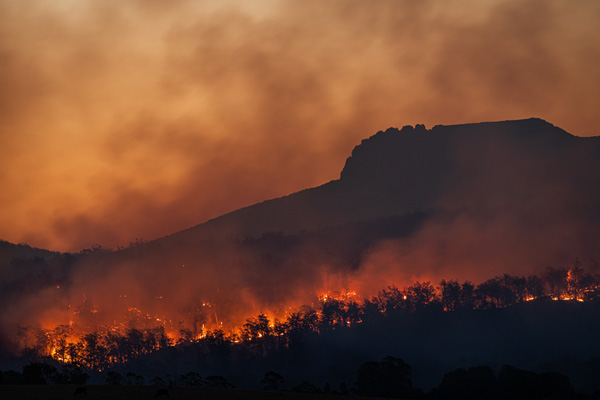
Ocean Thermal Energy Conversion (OTEC) appears as a promising yet long-standing renewable energy technology that makes use of temperature differences within ocean groups.

China and the United States are stepping up their climate change efforts, pledging a combined commitment to target not only carbon dioxide emissions but also methane and other greenhouse gases.

The UN's latest report, released on November 14, shows a global shortfall in tackling climate change, indicating insufficient progress in limiting temperature rises and meeting the Paris Agreement's objectives.

UN Secretary-General António Guterres has made a strong call to action ahead of the COP28 climate conference in Dubai to address climate ambition gap as soon as possible.

Polar bears struggling on melting ice were the heartbreaking face of climate change decades ago, causing widespread worry.

Children are facing specific vulnerabilities in the ever-changing climate change landscape. Climate change has an impact on children's physical and mental development from the start.

Climate change is changing the world we know, affecting animal species all around the planet. As temperatures rise and natural conditions change, animals must adapt to these changes. The advanced workings of their neurological systems, which both permit and prevent their ability to cope with changing climates, are a significant aspect in their reaction.

Climate-related loss and damages negotiations recently finished in Abu Dhabi, marking a watershed moment in the battle against climate change. With reservations, the World Bank will host this multinational fund for the next four years.

Climate change presents substantial problems to agriculture, affecting agricultural output through rising temperatures, variable rainfall, and pest growth. To deal with these difficulties, biofertilizers have evolved as an environmentally freindly option with various advantages.

Climate change is a huge health crisis for humanity. It puts at risk the basic foundations of good health by affecting important factors such as clean air, safe drinking water, nutritious food, and safe shelter. Also, it has the ability to reverse decades of global health enhancement.